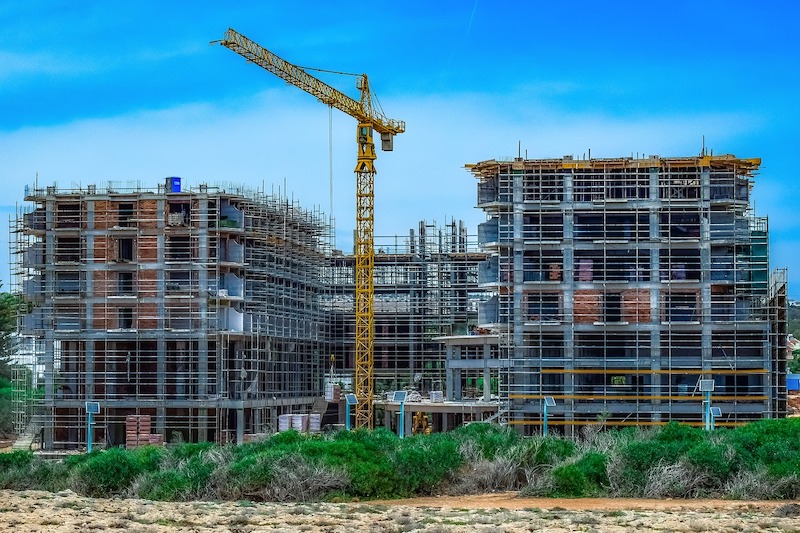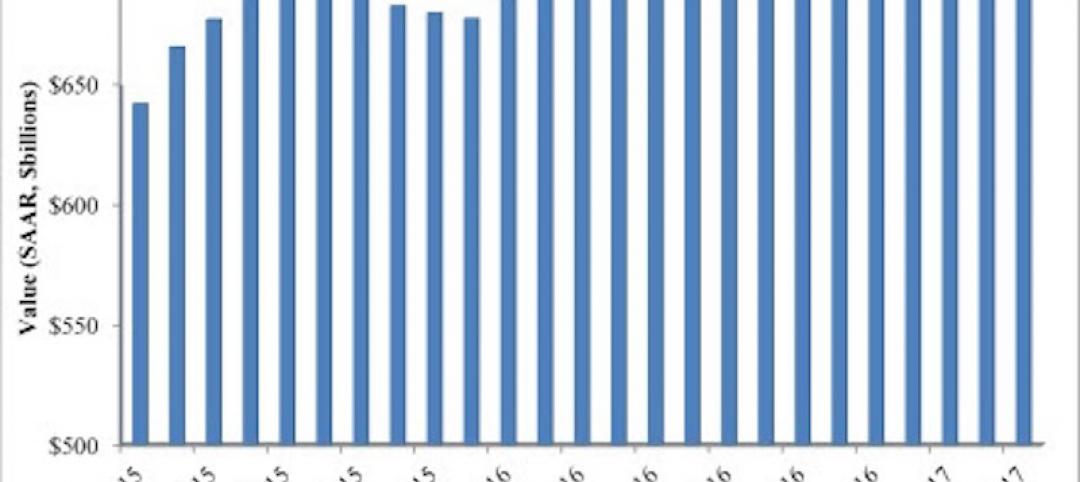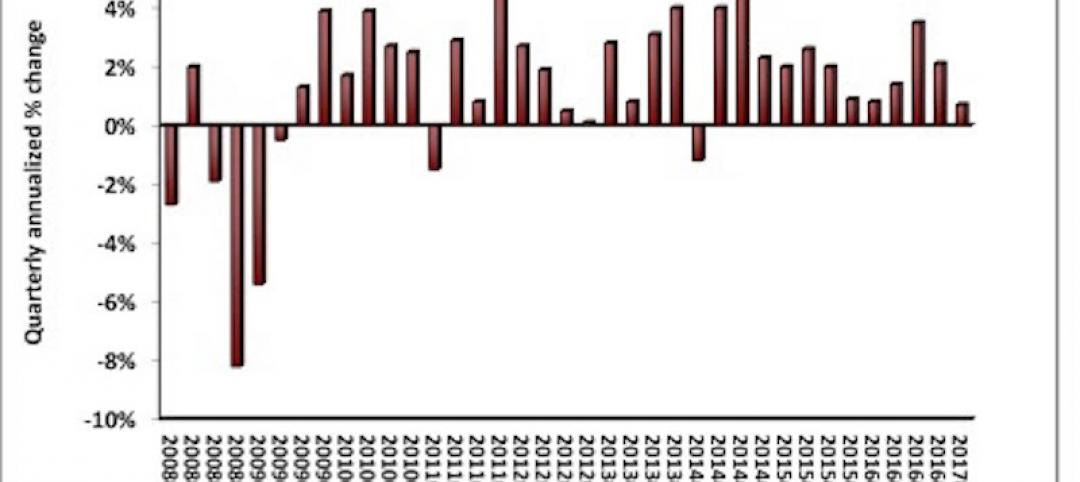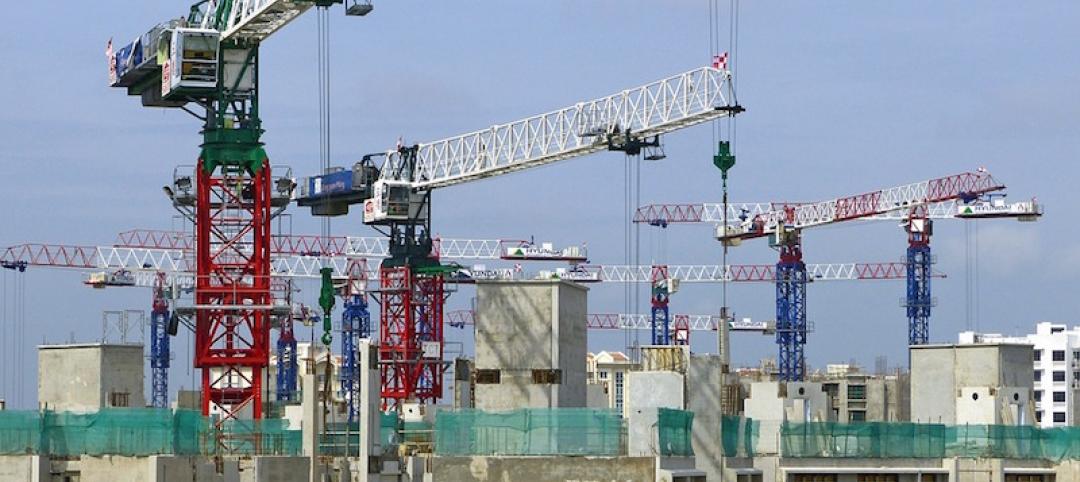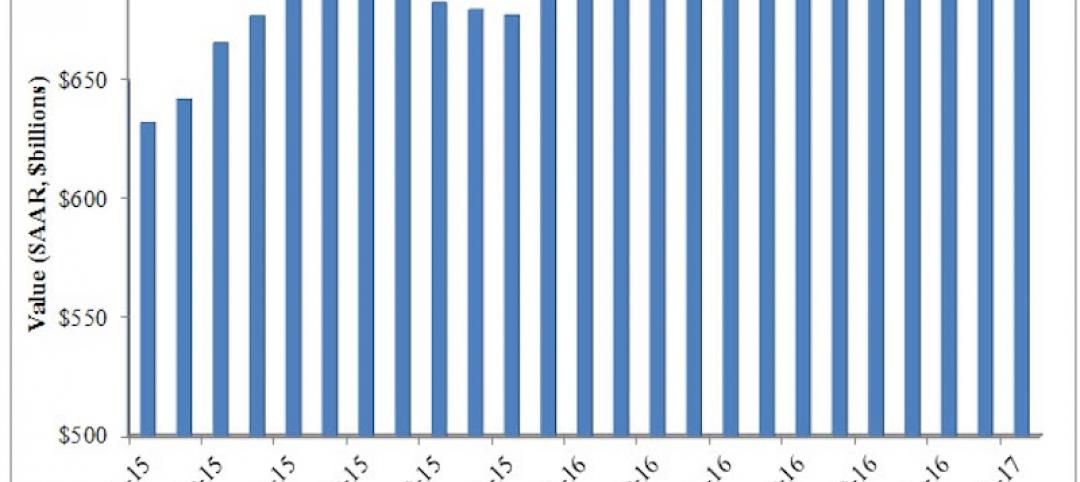Construction employment increased by 26,000 jobs in September to a total of 7,245,000, but the gains were concentrated in housing, while employment in the infrastructure and nonresidential building construction sector remained little changed, according to an analysis by the Associated General Contractors of America of government data released today. Association officials said the pandemic was prompting strong demand for new housing as more Americans work from home, while undermining private-sector development of office, retail and other types of projects and forcing many local and state governments to cut construction budgets.
“Construction is becoming steadily more split between a robust residential component and generally stagnant private nonresidential and public construction activity,” said Ken Simonson, the association’s chief economist, noting that in the three months since June, residential construction employment has increased nearly 3 percent while nonresidential employment has slipped 0.2 percent. “As project cancellations mount, so too will job losses on the nonresidential side unless the federal government provides funding for infrastructure and relief for contractors.”
The AGC of America-Autodesk Workforce Survey, released last month, found that 38 percent of respondents—whose firms perform all types of nonresidential construction--expect it will take more than six months for their firm’s volume of business to return to normal, relative to a year earlier. That percentage topped the 29 percent who reported business was already at or above year-ago levels.
A likely reason for the more pessimistic outlook is the rapid increase in postponed or canceled projects, the economist said. He noted that the latest survey found 60 percent of firms report a scheduled project has been postponed or canceled, compared to 12 percent that had won new or additional work as a result of the pandemic.
The employment pickup in September was mainly in homebuilding, home improvement and a portion of nonresidential construction, Simonson noted. There was a rise of 22,100 jobs in residential construction employment, comprising residential building (6,600) and residential specialty trade contractors (15,500). There was a gain of 4,000 jobs in nonresidential construction employment, covering nonresidential building (5,300), specialty trades (2,100) and heavy and civil engineering construction (-3,400).
The industry’s unemployment rate in September was 7.1 percent, with 700,000 former construction workers idled. These figures were more than double the September 2019 figures of 3.2 percent and 319,000 workers, respectively.
Association officials said that nonresidential construction was likely to continue to stagnate while the pandemic persists without new additional federal coronavirus recovery measures. Those recovery measures must include liability protections for businesses that are protecting workers from the coronavirus, new infrastructure investments and funding for depleted state and local construction budgets, they added.
“Until businesses are confident enough to invest in new development projects and state and local governments are able to invest in public works, the commercial construction sector will not be able to fully recover,” said Stephen E. Sandherr, the association’s chief executive officer. “Protecting honest employers, improving our infrastructure and helping state and local officials fix schools and improve other public facilities will create the jobs people need and the momentum our economy requires.”
Related Stories
Senior Living Design | May 9, 2017
Designing for a future of limited mobility
There is an accessibility challenge facing the U.S. An estimated 1 in 5 people will be aged 65 or older by 2040.
Industry Research | May 4, 2017
How your AEC firm can go from the shortlist to winning new business
Here are four key lessons to help you close more business.
Engineers | May 3, 2017
At first buoyed by Trump election, U.S. engineers now less optimistic about markets, new survey shows
The first quarter 2017 (Q1/17) of ACEC’s Engineering Business Index (EBI) dipped slightly (0.5 points) to 66.0.
Market Data | May 2, 2017
Nonresidential Spending loses steam after strong start to year
Spending in the segment totaled $708.6 billion on a seasonally adjusted, annualized basis.
Market Data | May 1, 2017
Nonresidential Fixed Investment surges despite sluggish economic in first quarter
Real gross domestic product (GDP) expanded 0.7 percent on a seasonally adjusted annualized rate during the first three months of the year.
Industry Research | Apr 28, 2017
A/E Industry lacks planning, but still spending large on hiring
The average 200-person A/E Firm is spending $200,000 on hiring, and not budgeting at all.
Market Data | Apr 19, 2017
Architecture Billings Index continues to strengthen
Balanced growth results in billings gains in all regions.
Market Data | Apr 13, 2017
2016’s top 10 states for commercial development
Three new states creep into the top 10 while first and second place remain unchanged.
Market Data | Apr 6, 2017
Architecture marketing: 5 tools to measure success
We’ve identified five architecture marketing tools that will help your firm evaluate if it’s on the track to more leads, higher growth, and broader brand visibility.
Market Data | Apr 3, 2017
Public nonresidential construction spending rebounds; overall spending unchanged in February
The segment totaled $701.9 billion on a seasonally adjusted annualized rate for the month, marking the seventh consecutive month in which nonresidential spending sat above the $700 billion threshold.


